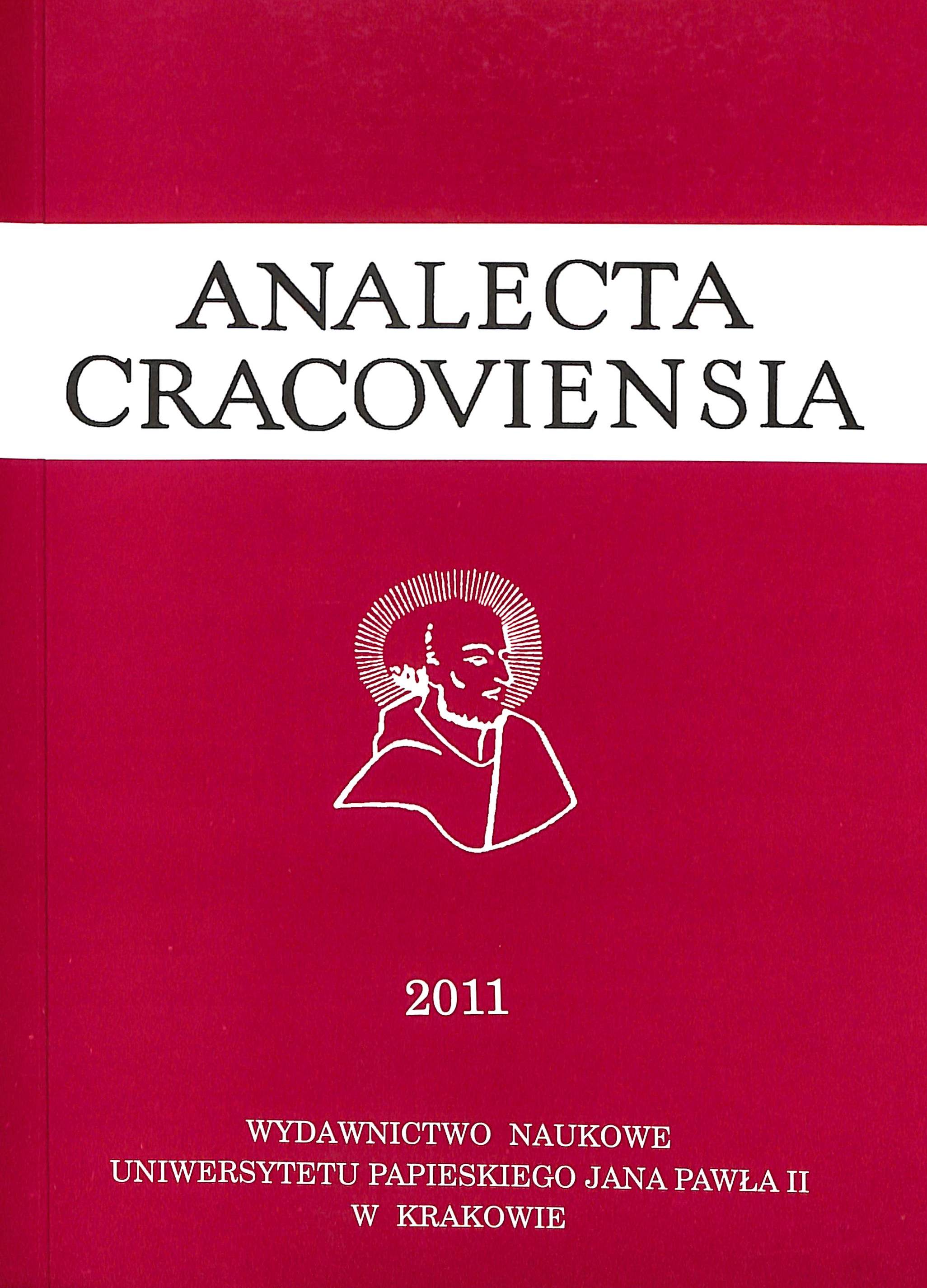Tytuł Boga RḤMNN – „Miłosierny” z żydowskich i chrześcijańskich inskrypcji przedmuzułmańskiej Arabii. Politeistyczna czy monoteistyczna geneza koranicznego ar-Raḥmān?
DOI:
https://doi.org/10.15633/acr.4320Słowa kluczowe:
teologia muzułmańska, modlitwa muzułmańska, religie dawnej Arabii, teksty staroarabskieAbstrakt
Recited several times as part of the Muslim daily prayers basiamo contains three definite nouns: Allah, Raḥmān and Raḥmīm ([…]; bismi-llāhi r-raḥmāni r-raḥīm). Especially the epithet […] ( Raḥmān – “the Merciful”), which is found in the Sabaean inscriptions in the form RḤMNN (Raḥmānān), has a relatively long history in the Middle East. The study of the pre-Islamic Arabic cultures provides the context of numerous religious interactions in the evolution of Raḥmān's meaning. RḤMNN – used by Polytheist Arabs, Jews and Christians – is constantly confirmed in inscriptions, particularly from the so-called “Late Sabaean Period” (after 380) that were associated with Monotheism. During that time Judaism and Christianity attempted to replace the traditional South Arabian religion. Muhammad might have borrowed this name from three sources, which were present in his milieu. RḤMNN – [...] understood by Jews and Christians as “Lord, the Merciful, Master of Heaven” was useful for Islam, the new Monotheistic religion. On the other hand, in South Arabia RḤMNN signified a Moon-god, whom Muhammad even occasionally confused with “Allah” or used as a substitute for “Allah”.
Pobrania
Opublikowane
Numer
Dział
Licencja
Prawa autorskie (c) 2011 Krzysztof Kościelniak

Utwór dostępny jest na licencji Creative Commons Uznanie autorstwa 4.0 Międzynarodowe.
Obecnie autorzy publikujący w czasopiśmie udzielają jego wydawcy zgody o następującej treści:
- Autor zachowuje autorskie prawa majątkowe do utworu, a jednocześnie udziela wydawcy czasopisma zgody na jego pierwszą publikację w wersji drukowanej i wersji online na licencji Creative Commons Uznanie autorstwa 4.0 Międzynarodowe oraz zgody na wykonywanie opracowań, w tym przekładów.
- Autor ma możliwość udzielania zgody niewyłącznej na opublikowanie utworu w wersji, która ukazała się w czasopiśmie (np. zamieszczenia go w repozytorium instytucjonalnym lub opublikowania w książce), wraz z informacją o jego pierwszej publikacji w czasopiśmie.
- Autor może umieścić swój utwór online (np. w repozytorium instytucjonalnym lub na swojej stronie internetowej) jeszcze przed zgłoszeniem utworu do czasopisma.

